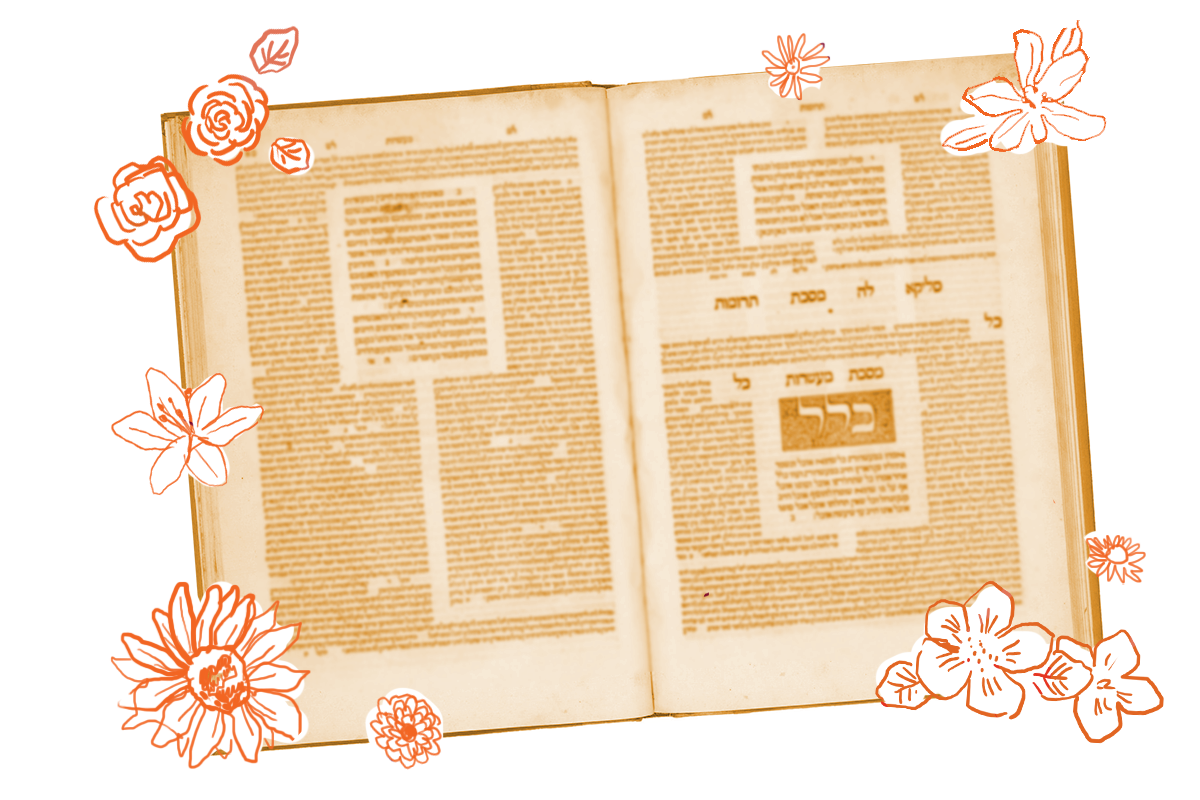Just because something is legally permissible doesn’t mean it is the right thing to do. We find such a case in the opening mishnah to the third chapter of Kiddushin, which teaches:
A man who says to another: Go and betroth so-and-so to me, and the latter went and betrothed her to himself, she is betrothed to the second man.
Although the second man has betrayed the first, his actions are legal, as the Gemara says:
What he did is done (i.e. effective), but he (the second man) has treated him (the first) in a deceitful manner.

Help us keep Jewish knowledge accessible to millions of people around the world.
Your donation to My Jewish Learning fuels endless journeys of Jewish discovery. With your help, My Jewish Learning can continue to provide nonstop opportunities for learning, connection and growth.
As part of its exploration of this mishnah, the Gemara shares some anecdotes about other actions that, although they are legal, are not looked upon favorably by the rabbis. On today’s daf, we read that Rav Giddel was once negotiating to buy a parcel of land and Rabbi Abba purchased it from underneath him. Rav Giddel filed a complaint with Rabbi Zeira who kicked it upstairs to Rav Yitzhak Nappacha, who called in Rabbi Abba for a discussion.
When Rabbi Abba arrived, Rav Yitzhak Nappaha found him and said to him: If a pauper is engaging in the acquisition of a loaf of bread that they found, and another came and took it from them, what is the halakhah?
Rabbi Abba said to him: The one who took it away is called wicked.
Rabbi Yitzhak Nappaha replied: But if so, what is the reason that the Master acted this way?
Rather than confronting Rabbi Abba with the complaint directly, Rav Yitzhak takes a softer approach, weaving a parable and obliquely asking Rabbi Abba for his judgment. After Rabbi Abba labels the person who took the loaf of bread wicked, Rav Yitzhak asks him to justify his own questionable behavior in purchasing the land that Rav Giddel was trying to acquire.
Rabbi Abba said to him: I did not know that Rav Giddel was trying to acquire the land.
As it turns out, Rabbi Abba was not being wicked; rather, he was unaware that Rav Giddel had already made an offer. Rabbi Yitzhak tells Rabbi Abba that he can make it right by transferring the property to Rav Giddel. But it’s Rabbi Abba’s first land purchase and it’s bad luck to sell it, so instead he offers it to Rav Giddel as a gift. While this seems to be a great solution for Rav Giddel — he gets the land he wanted for free — it’s not so simple for him.
It’s possible that Rav Giddel was embarrassed to have been outbid by Rabbi Abba because he did not have the means to raise his offer. This could explain why he refused to accept the land he was trying to purchase when it was offered to him for free. But he provides a different explanation, quoting Proverbs: But he who hates gifts shall live” (15:27). Rav Giddel explains that in refusing the land he is choosing the reward of a long life.
So what happened?
This sage did not descend to take the plot of land, and that sage did not descend to take care of it.
Rabbi Abba did not want the land because of the way it came into his possession, and the same was true for Rav Giddel. So the land sat unclaimed. Over time, the Talmud tells us, it became known as “the land of the sages.” Rashi suggests that this simply means the land that was given to the sages — that is to say, in the end, Rabbi Abba and Rav Giddel gave up their claim to the land and made it available for the use of students. This conjures an image of a rabbinic campground for those who have come to the big city to study and have not been able to secure housing. The Meiri says that the land was given to the sages for them to stroll in — a park, of sorts, for Torah scholars to stretch their legs.
While I applaud the commentators’ efforts to show that the talmudic sages dedicated the land for a productive purpose, this is not the only way to understand the story. Perhaps the parcel sat unused and empty. And, if asked to explain how the empty plot came to acquire this name, the locals would tell some version of the story that appears on today’s daf, explaining that it belongs to two rabbis — one who purchased it improperly and one who wanted to buy it but was unwilling to accept it as a gift.
Read all of Kiddushin 59 on Sefaria.
This piece originally appeared in a My Jewish Learning Daf Yomi email newsletter sent on October 10th, 2023. If you are interested in receiving the newsletter, sign up here.



